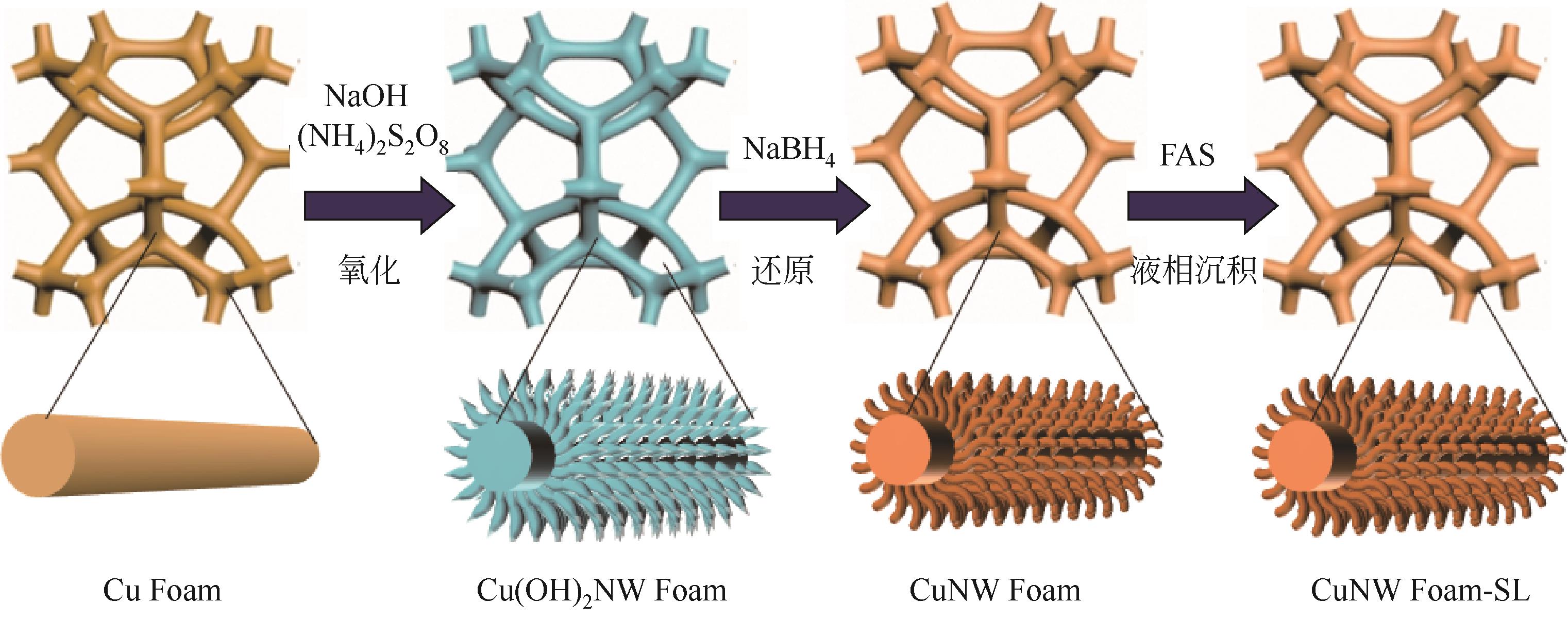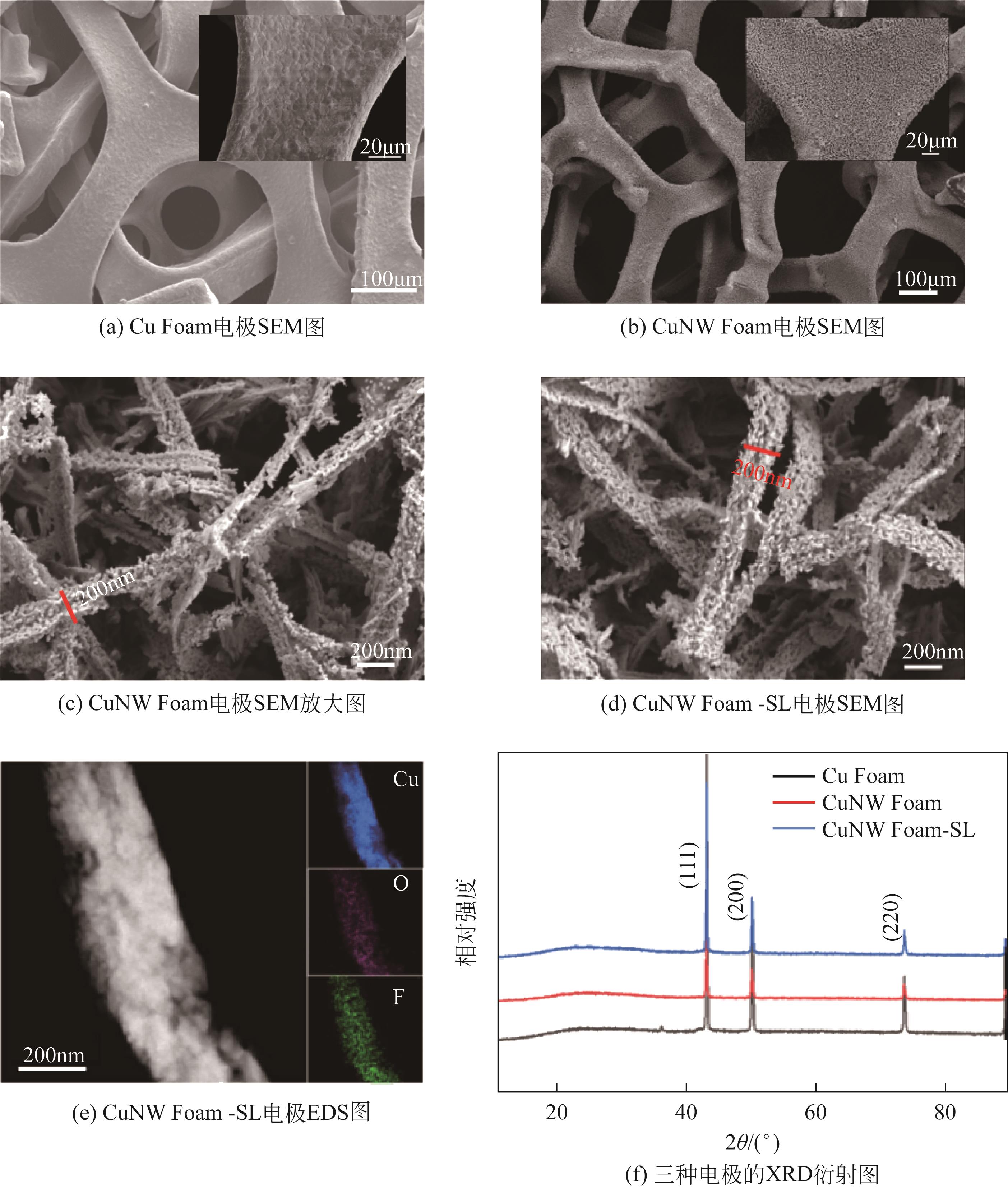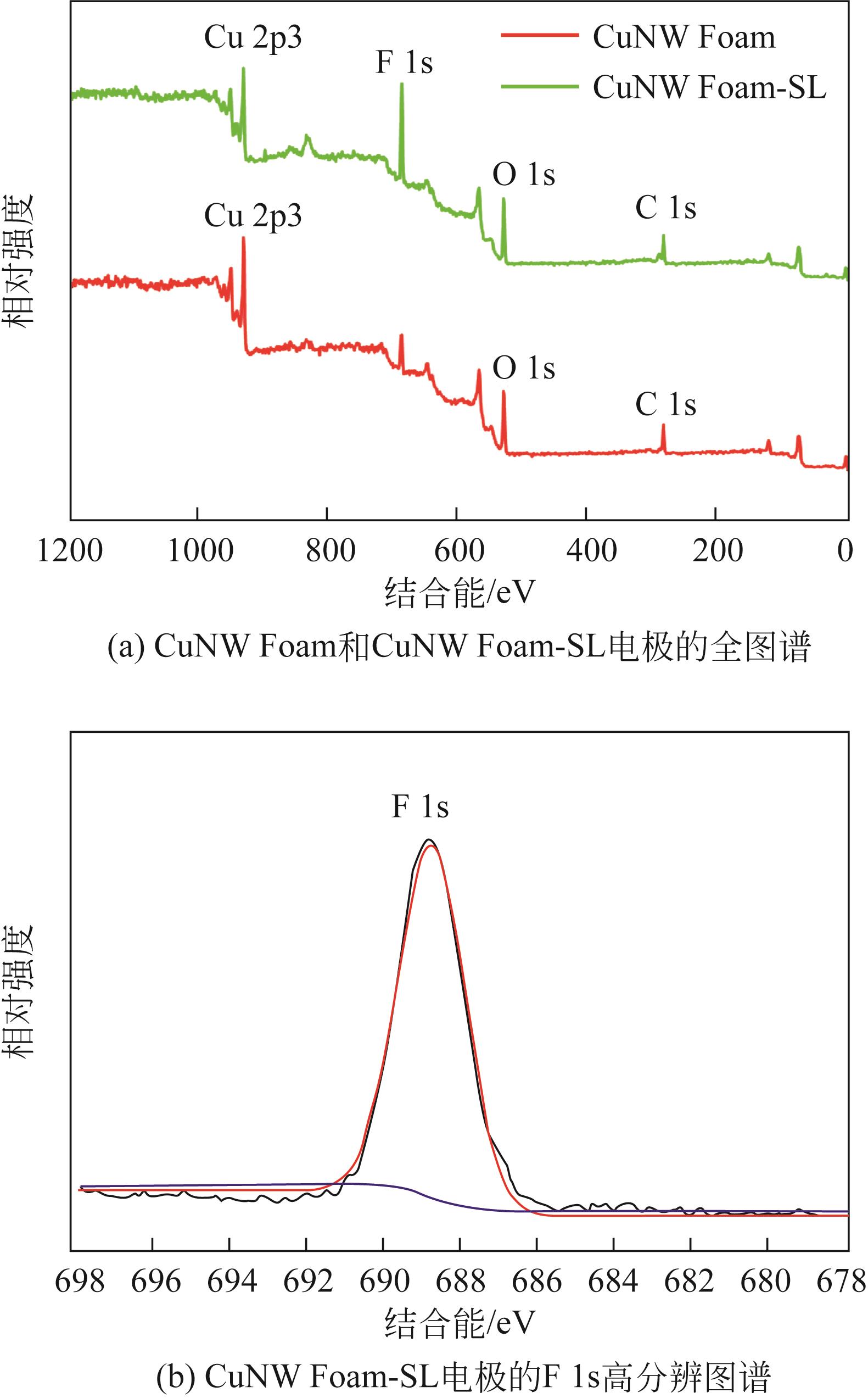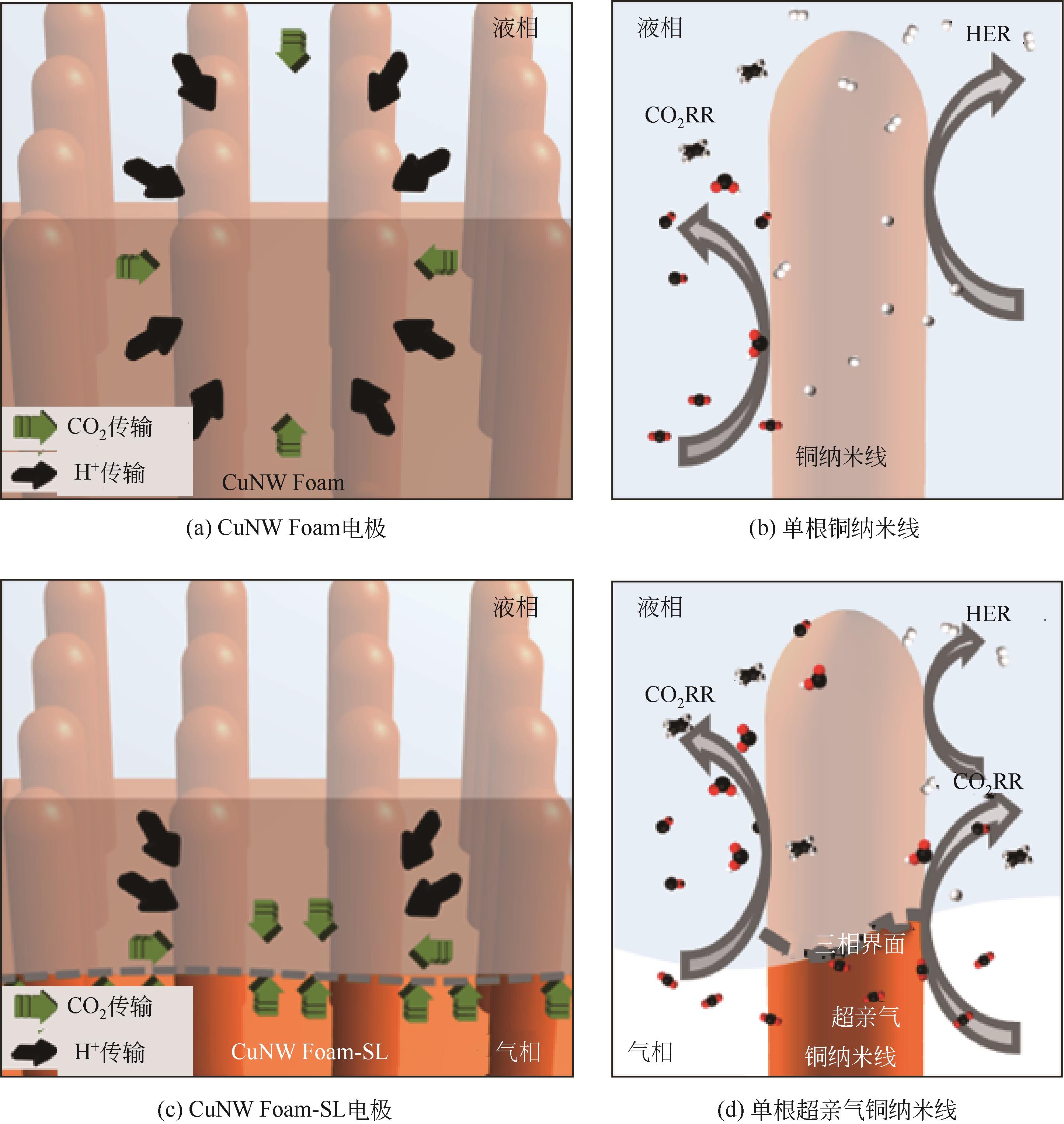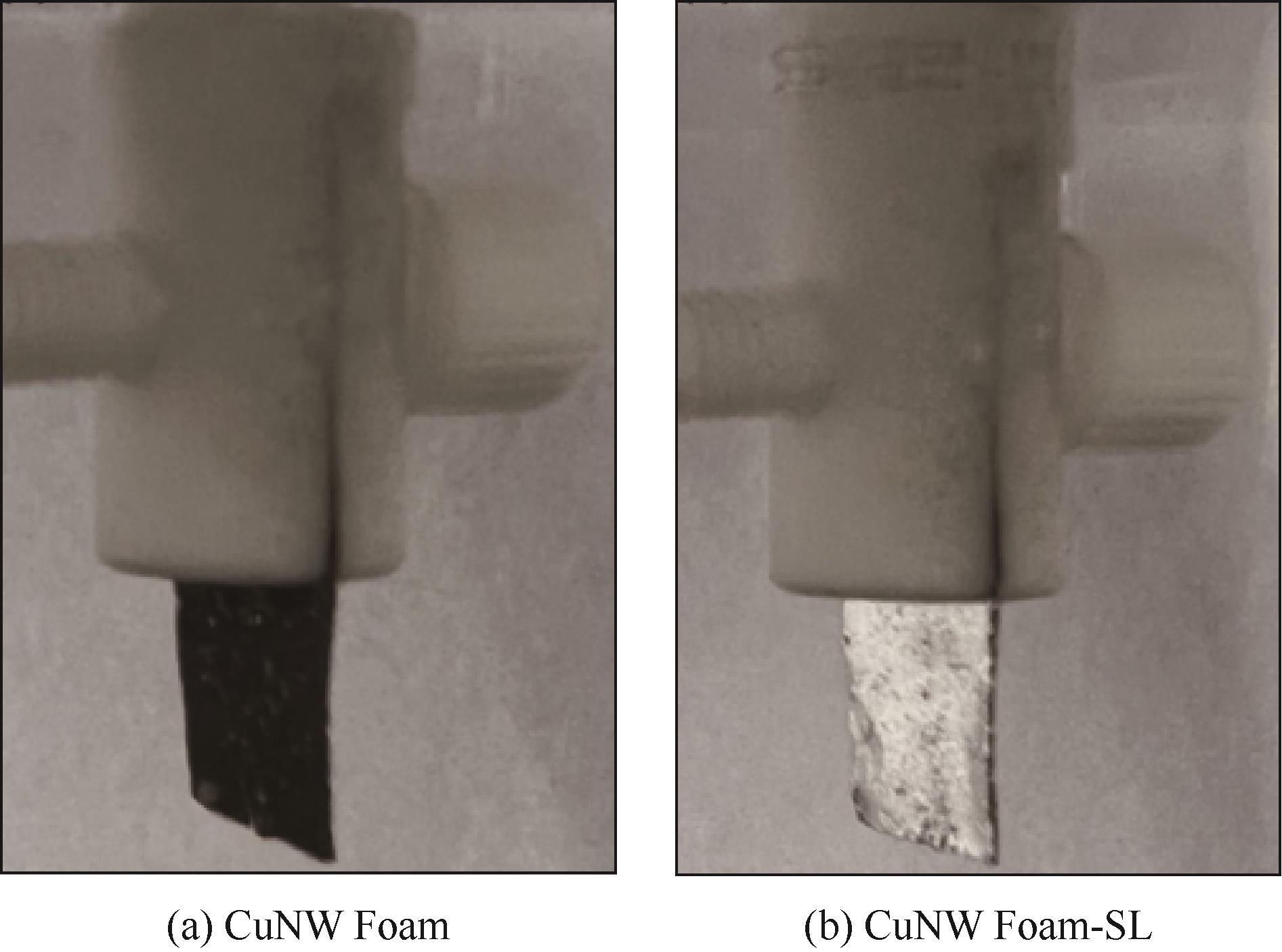| 1 |
LEUNG Siufung, FU Huichun, ZHANG Maolin, et al. Blue energy fuels: Converting Ocean wave energy to carbon-based liquid fuels via CO2 reduction[J]. Energy & Environmental Science, 2020, 13(5): 1300-1308.
|
| 2 |
徐沛, 贾璇, 王勇, 等. 流场对MEC生物阴极CO2还原性能与产物的影响[J]. 化工进展, 2022, 41(7): 3816-3823.
|
|
XU Pei, JIA Xuan, WANG Yong, et al. Effect of flow field on the CO2 reduction performance and products of MEC biocathode[J]. Chemical Industry and Engineering Progress, 2022, 41(7): 3816-3823.
|
| 3 |
FU Qian, KURAMOCHI Yoshihiro, FUKUSHIMA Naoya, et al. Bioelectrochemical analyses of the development of a thermophilic biocathode catalyzing electromethanogenesis[J]. Environmental Science & Technology, 2015, 49(2): 1225-1232.
|
| 4 |
MICHL Josef. Towards an artificial leaf?[J]. Nature Chemistry, 2011, 3(4): 268-269.
|
| 5 |
蔡中杰, 田盼, 黄忠亮, 等. 基于生物模板制备二氧化碳加氢反应的Cu/ZnO催化剂[J]. 化工学报, 2021, 72(7): 3668-3679.
|
|
CAI Zhongjie, TIAN Pan, HUANG Zhongliang, et al. Preparation of Cu/ZnO nanocatalysts based on bio-templates for CO2 hydrogenation[J]. CIESC Journal, 2021, 72(7): 3668-3679.
|
| 6 |
KOLESNICHENKO N V, KREMLEVA E V, TELESHOV A T, et al. Carbon dioxide hydrogenation to formic acid in the presence of rhodium-oligoarylphosphonite catalyst systems[J]. Petroleum Chemistry, 2006, 46(1): 22-24.
|
| 7 |
LIU Yanming, CHEN Shuo, QUAN Xie, et al. Efficient electrochemical reduction of carbon dioxide to acetate on nitrogen-doped nanodiamond[J]. Journal of the American Chemical Society, 2015, 137(36): 11631-11636.
|
| 8 |
Sujat SEN, LIU Dan, PALMORE G Tayhas R. Electrochemical reduction of CO2 at copper nanofoams[J]. ACS Catalysis, 2014, 4(9): 3091-3095.
|
| 9 |
LEE Chang Hoon, KANAN Matthew W. Controlling H+ vs CO2 reduction selectivity on Pb electrodes[J]. ACS Catalysis, 2015, 5(1): 465-469.
|
| 10 |
LI Tengfei, LEES Eric W, GOLDMAN Maxwell, et al. Electrolytic conversion of bicarbonate into CO in a flow cell[J]. Joule, 2019, 3(6): 1487-1497.
|
| 11 |
YE Ke, CAO Ang, SHAO Jiaqi, et al. Synergy effects on Sn-Cu alloy catalyst for efficient CO2 electroreduction to formate with high mass activity[J]. Science Bulletin, 2020, 65(9): 711-719.
|
| 12 |
KIM Jun Hyuk, Hyunje WOO, CHOI Jihwan, et al. CO2 electroreduction on Au/TiC: Enhanced activity due to metal-support interaction[J]. ACS Catalysis, 2017, 7(3): 2101-2106.
|
| 13 |
李喆, 李泽洋, 杨宇森, 等. 电化学二氧化碳还原制甲酸催化剂的研究进展[J]. 化工进展, 2023, 42(1): 53-66.
|
|
LI Zhe, LI Zeyang, YANG Yusen, et al. Research progress on catalysts for electrocatalytic reduction of carbon dioxide to formic acid[J]. Chemical Industry and Engineering Progress, 2023, 42(1): 53-66.
|
| 14 |
张宇航, 叶丁丁, 朱恂, 等. 表面改性水热自生长SnO2碳布电极电化学还原CO2性能[J]. 科学通报, 2021, 66(26): 3488-3496.
|
|
ZHANG Yuhang, YE Dingding, ZHU Xun, et al. Performance of CO2 electrochemical reduction with surface modified self-growing SnO2 on carbon cloth electrode prepared by hydrothermal method[J]. Chinese Science Bulletin, 2021, 66(26): 3488-3496.
|
| 15 |
于丰收, 张鲁华. Cu基纳米材料电催化还原CO2的结构-性能关系[J]. 化工学报, 2021, 72(4): 1815-1824.
|
|
YU Fengshou, ZHANG Luhua. Structure-performance relationship of Cu-based nanocatalyst for electrochemical CO2 reduction[J]. CIESC Journal, 2021, 72(4): 1815-1824.
|
| 16 |
NIU Zhuangzhuang, GAO Feiyue, ZHANG Xiaolong, et al. Hierarchical copper with inherent hydrophobicity mitigates electrode flooding for high-rate CO2 electroreduction to multicarbon products[J]. Journal of the American Chemical Society, 2021, 143(21): 8011-8021.
|
| 17 |
LI Yifan, CUI Fan, ROSS Michael B, et al. Structure-sensitive CO2 electroreduction to hydrocarbons on ultrathin 5-fold twinned copper nanowires[J]. Nano Letters, 2017, 17(2): 1312-1317.
|
| 18 |
DAI Lei, QIN Qing, WANG Pei, et al. Ultrastable atomic copper nanosheets for selective electrochemical reduction of carbon dioxide[J]. Science Advances, 2017, 3(9): e1701069.
|
| 19 |
MA Sichao, SADAKIYO Masaaki, HEIMA Minako, et al. Electroreduction of carbon dioxide to hydrocarbons using bimetallic Cu-Pd catalysts with different mixing patterns[J]. Journal of the American Chemical Society, 2017, 139(1): 47-50.
|
| 20 |
SARFRAZ Saad, GARCIA-ESPARZA Angel T, JEDIDI Abdesslem, et al. Cu Sn bimetallic catalyst for selective aqueous electroreduction of CO2 to CO[J]. ACS Catalysis, 2016, 6(5): 2842-2851.
|
| 21 |
MA Ming, DJANASHVILI Kristina, SMITH Wilson A. Controllable hydrocarbon formation from the electrochemical reduction of CO2 over Cu nanowire arrays[J]. Angewandte Chemie International Edition, 2016, 55(23): 6680-6684.
|
| 22 |
KOTARO Ogura. Mediated reduction of CO and CO2 to methanol by surface-confined metal complexes in the presence of homogeneous catalysts[J]. Journal of Applied Electrochemistry, 1986, 16(5): 732-736.
|
| 23 |
CAI Zhao, ZHANG Yusheng, ZHAO Yuxin, et al. Selectivity regulation of CO2 electroreduction through contact interface engineering on superwetting Cu nanoarray electrodes[J]. Nano Research, 2019, 12(2): 345-349.
|
| 24 |
SHI Run, GUO Jiahao, ZHANG Xuerui, et al. Efficient wettability-controlled electroreduction of CO2 to CO at Au/C interfaces[J]. Nature Communications, 2020, 11(1): 3028.
|
| 25 |
LIN Ruoxu, ZHANG Shichao, REN Yanbiao, et al. Cu@Sn nanostructures based on light-weight current collectors for superior reversible lithium ion storage[J]. RSC Advances, 2016, 6(24): 20042-20050.
|
| 26 |
XU Wenwen, LU Zhiyi, SUN Xiaoming, et al. Superwetting electrodes for gas-involving electrocatalysis[J]. Accounts of Chemical Research, 2018, 51(7): 1590-1598.
|
 ), YE Dingding1,2(
), YE Dingding1,2( ), ZHU Xun1,2, YANG Yang1,2, CHEN Rong1,2, LIAO Qiang1,2
), ZHU Xun1,2, YANG Yang1,2, CHEN Rong1,2, LIAO Qiang1,2
 ), 叶丁丁1,2(
), 叶丁丁1,2( ), 朱恂1,2, 杨扬1,2, 陈蓉1,2, 廖强1,2
), 朱恂1,2, 杨扬1,2, 陈蓉1,2, 廖强1,2
